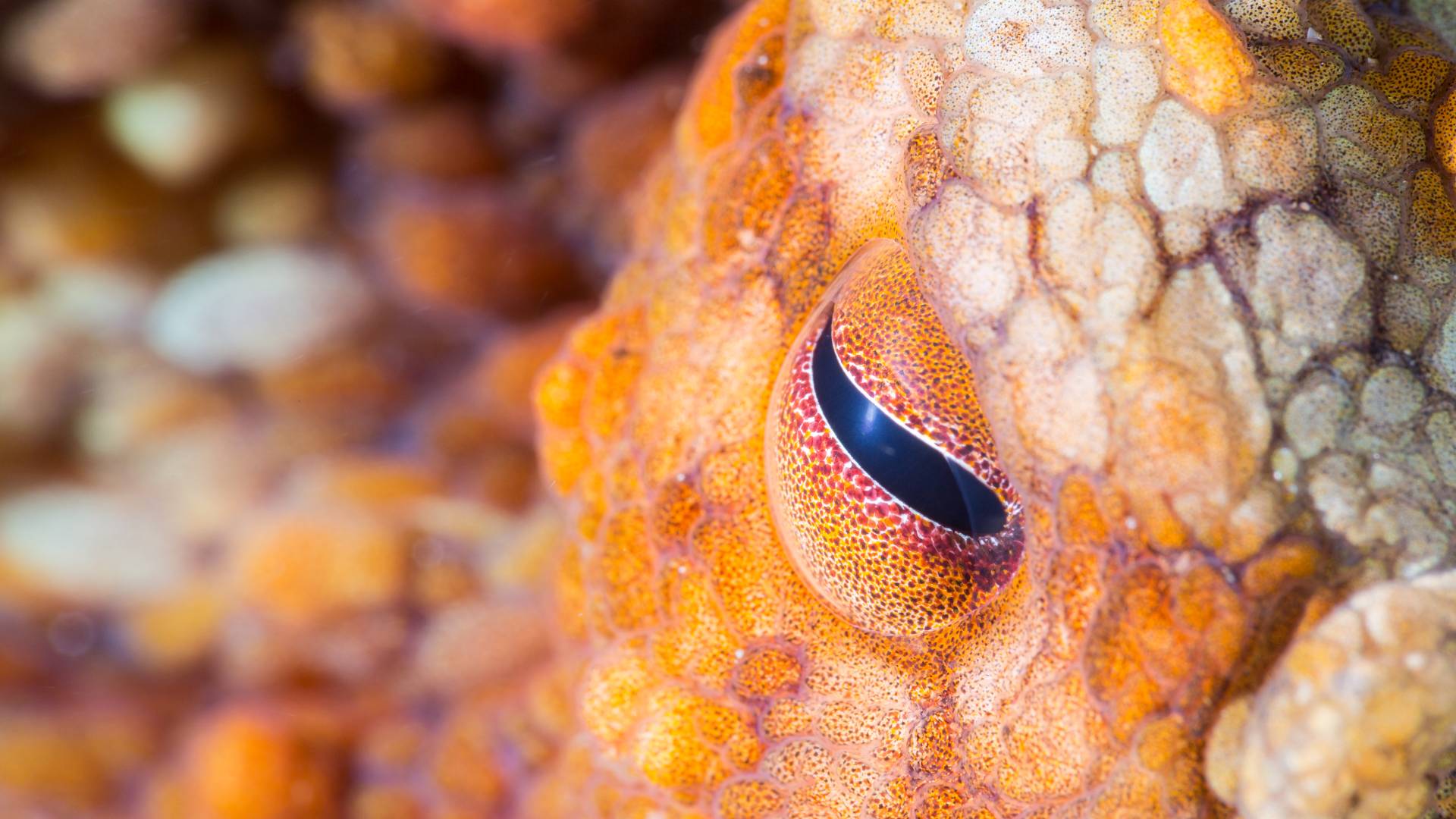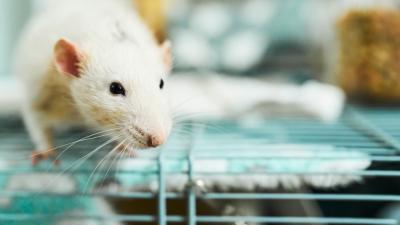Congress Takes Action to Protect Cephalopods in Research

The National Institutes of Health (NIH) may claim a commitment to promoting high animal welfare standards in the research it supports, but the agency often falls well short of expectations. With Congress’ help, it’s time for the agency to follow through on this commitment for one class of animals.
Octopuses, squid, cuttlefish, and nautiluses comprise a class of marine invertebrate animals called cephalopods. These animals are beloved and admired by many for their unique abilities and intelligence, including their advanced camouflage capabilities, remarkable skills with tools, and highly developed nervous systems that rival those of some mammals.
Researchers have experimented on cephalopods for more than 100 years and, to this day, use them in federally funded research projects to study topics like developmental biology, bacterial colonization, sensory systems, and temperature acclimation. Although it is hard to imagine how research using cephalopods could translate to improved human health outcomes, there are even efforts funded by the NIH to attempt to turn cephalopods into “model organisms”— species bred solely to be supplied at multiple life stages and subsequently experimented on extensively.
Troublingly, there are gaps in federal research policies that allow scientists to treat cephalopods in any manner, with no accountability for their welfare. Despite mounting scientific evidence of their intelligence, sentience, and increasing use in research, there are no federal standards in place to govern how to care for these animals that have many specialized needs, leaving it up to the discretion of individual investigators and research institutions to determine their welfare policies for cephalopods, if any.
The NIH’s Office of Laboratory Animal Welfare (OLAW) oversees policies that regulate the care and use of animals in experiments for multiple agencies within the Department of Health and Human Services (HHS); however, these care standards and welfare protections apply only to vertebrate animals. As invertebrates, cephalopods are not considered animals under the Public Health Service (PHS) Policy on Humane Care and Use of Laboratory Animals definition.
The impacts of excluding cephalopods from the PHS definition of “animal” are tremendous. Unlike researchers who use vertebrate animals, those who use cephalopods do not have to get their protocols approved by Institutional Animal Care and Use Committees (IACUCs), which consider factors like the justification of using cephalopods over nonanimal methods, appropriate sedation and anesthesia, and the impact of procedures on animals’ well-being. In addition, these IACUCs are required to report policy noncompliance to NIH’s OLAW. Without these and other measures of oversight and welfare assurance, there is no avenue for accountability for the ways cephalopods may be used in research.
In 2020, the Physicians Committee and a coalition of scientists and public interest groups, led by the Harvard Animal Law & Policy Clinic, sent a petition to the NIH and HHS asking for the establishment of federal research protections for cephalopods. Specifically, the petition urged agencies to (1) amend the PHS policy to include cephalopods within the definition of “animal,” and (2) update the Guide for the Care and Use of Laboratory Animals to reflect proper care and handling of cephalopods in accordance with internationally recognized guidelines.
A spokesperson for OLAW replied to the petition, stating that it is “currently considering options for providing guidance on humane care and use of invertebrates in NIH funded research and will seek public comment on proposed guidance.” More than two years have passed since this communication, and the agency has not taken further action; meanwhile, cephalopods have continued to be subjected to unregulated experiments without any federal oversight.
The Physicians Committee engaged Congress to further push for federal research protections for cephalopods. Thanks to leadership by Rep. Seth Moulton, Sen. Cory Booker, and Sen. Sheldon Whitehouse, both the House and Senate took action to address this gap in welfare policies by sending letters to the NIH and HHS reiterating the requests in our original petition. These congressional letters amplify the importance of the requested changes and urge the agency to take prompt action to better protect this vulnerable category of animals.
The Physicians Committee looks forward to a future in which cephalopods are kept out of labs and left in the ocean; in the meantime, we will continue working with our partners to, at minimum, establish standards and oversight for their treatment in experiments. The Physicians Committee applauds the leadership demonstrated by these members of Congress to hold the NIH accountable for its commitment to the welfare of animals used in federally funded research.







